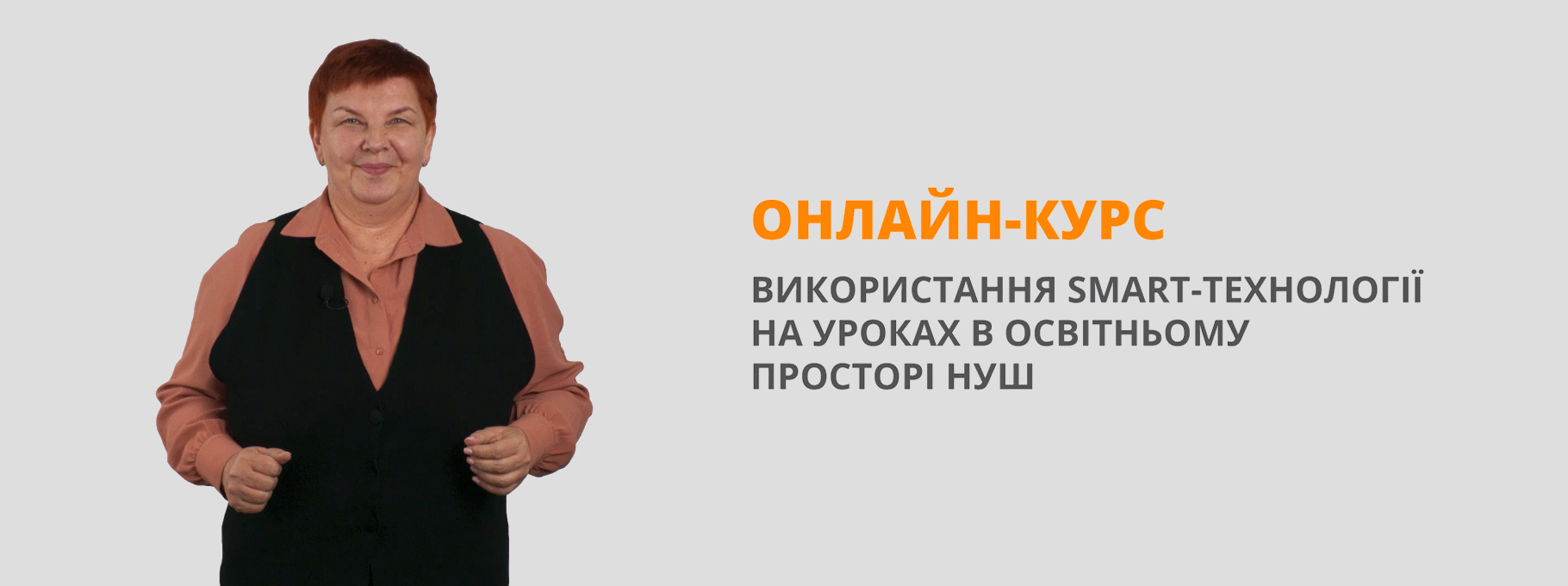Урок. Тема: "На уроці англійської мови"
Topic: At the English lesson
Objectives:
- to enrich pupils’ knowledge on the topic “At the English lesson”;
- to practice listening and reading skills;
- to teach pupils to form their own thoughts;
- to widen pupils’ outlook as to the topic ‘At the English lesson”;
- to develop pupils’ memory and creative skills;
- to upbring positive attitude to foreign language.
Materials and equipment: books by A. Nesvit, copy-books, cards for work in pairs and individually, text for reading, evaluation sheets
Procedure
I.Introduction.
T: Good morning students! Glad to see you. I’m sure everybody is all right. Let’s make our lesson interesting and useful.
Unscramble the topic of our lesson.
Senhgli solesn
T. Today we are going to speak about your English lesson. By the end of the lesson you'll improve your skills in listening, speaking and reading and extend active and passive knowledge of vocabulary; use modal verbs. You should be able to speak about your English lesson.
Warming up.
T. Listen to me attentively and clap your hands if the sentence is correct:
- We count in the music class.
- We sing in the music class.
- We read in the drawing class.
- We speak English at the English lesson.
- We write in the drawing class.
- We read at the Reading lesson.
- We jump at the Physical Training lesson.
- We run at the Mathematics lesson.
Match the school subjects with the phrases you may hear at the lessons:
1.Maths a) the Earth is the planet in the Solar system
2. English b) use your computer, please
3. History c) Let’s play basketball
4. Geography d) We have read about Mazepa
5. P.E. e) Do the sum 25 on page 12
6. Nature Studies f) Mix up these chemicals together.
7. Science g) Role-play the situation using new words.
8. Computer Studies h) Take the map and tell…
II. Main Part.
Presenting of new vocabulary.
Match the words with their translation.
To do exercises from the textbook працювати в парах
To write word dictations вивчати нову лексику
To work in pairs виконувати проектну роботу
To work in groups обговорювати різні теми
To do a project складати оповідання
To learn vocabulary розігрувати по ролям
To discuss different topics виконувати вправи з
підручника
To make up a story писати словникові диктанти
To role-play вивчати культуру
To learn about culture працювати в групах
Ex.1p.178. Look at the pictures and say what children do in the English lessons. Match the pictures to the activities. Use the phrases from the box given below.
Game” Snowball’. P1 says the sentence, “In the English lessons we read and translate texts”. P2 says, “In the English lessons we read and translate texts and learn new vocabulary”. (P1-P2-P3-P4-P5…)
Game “Show and guess. (Teacher puts cards with the description of some activities on the table. Class is divided into two teams. Participant of each team takes card and with the help of gestures describes some activity at the lesson. The teams have to guess it. The winner is that team which has got more points.)
“A Minute of Relaxation”. You worked hard and let's have a rest.
Let’s sing a song
If you are happy and you know it
Clap your hands (2 times)
If you are happy and you know it
And you really want to show it (2 times)
Clap your hands! Stamp your feet!
Wink one eye! Touch your nose (head, ear, etc.)!
Shake your hands! Jump so high!
Reading.
Pre-reading task.
How many times a week have you got your English lessons?
What activities do you like?
While-reading task. Write out activities into your copy-books.
My name is Vlad. I am a pupil of the sixth form. I learn many interesting subjects at school. I want to tell you about our English lessons because English is my favourite subject. We have English lessons on Mondays and Wednesdays. At these lessons we learn to read, write and speak English. Our teacher explains us new words and expressions and we write them down into our vocabularies. We read sentences with the new words and word-combinations and translate them into our mother tongue.
At the English lessons we also read and retell texts, describe pictures, ask and answer questions and make up dialogues. Sometimes we write dictations at the lessons. Many pupils of our class write English dictations very well. They get very good marks. At the English lessons we also learn to write compositions.
Our English lessons are very interesting. We like these lessons very much.
Post-reading task.
Discuss questions in pairs.
When do you have your English lessons?
What do you learn to do at these lessons?
Have you got a vocabulary?
Can you ask and answer questions?
Do you read stories in the English lessons?
Do you like to write English compositions?
What marks have you usually got in English?
Grammar Revision.
Ex.3p.179. Complete the sentences with the correct form of the verbs in brackets.
III. Summing up.
Teacher: Friends, our lesson is coming to an end. I`m happy to say we`ve done a good bit of work during the lesson. All of you`ve worked hard and have been active. What activities did you like the most? Was it difficult for you to memorize new vocabulary?
Evaluation.
Teacher gives pupils evaluation sheets and they have to paint circles green, yellow or red opposite activities which were at the lesson. Green means, “Everything was clear at the lesson”. Yellow means, “It is difficult for me but I have done it.” Red means, “Help me! I don't understand material at all.”
Hometask. To learn new vocabulary, to do ex.6p.180.


про публікацію авторської розробки
Додати розробку
